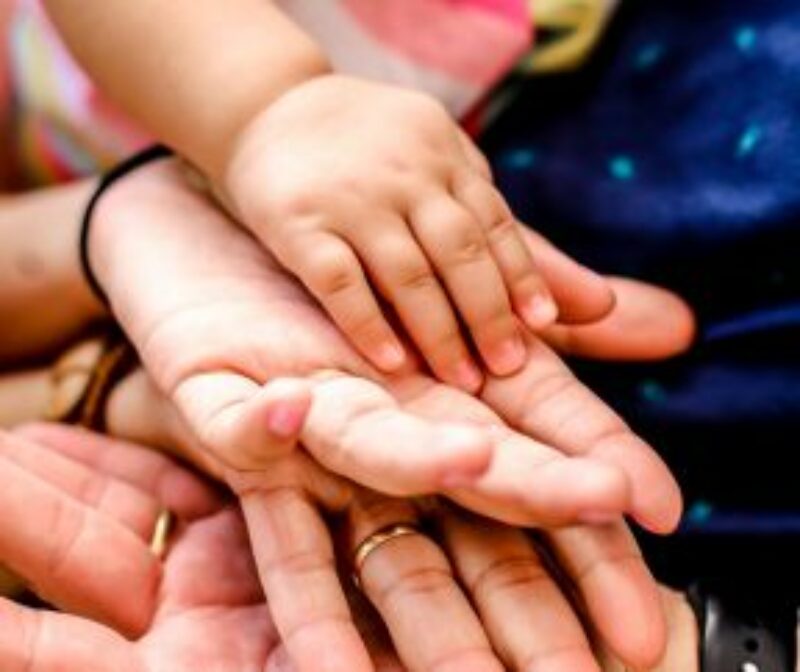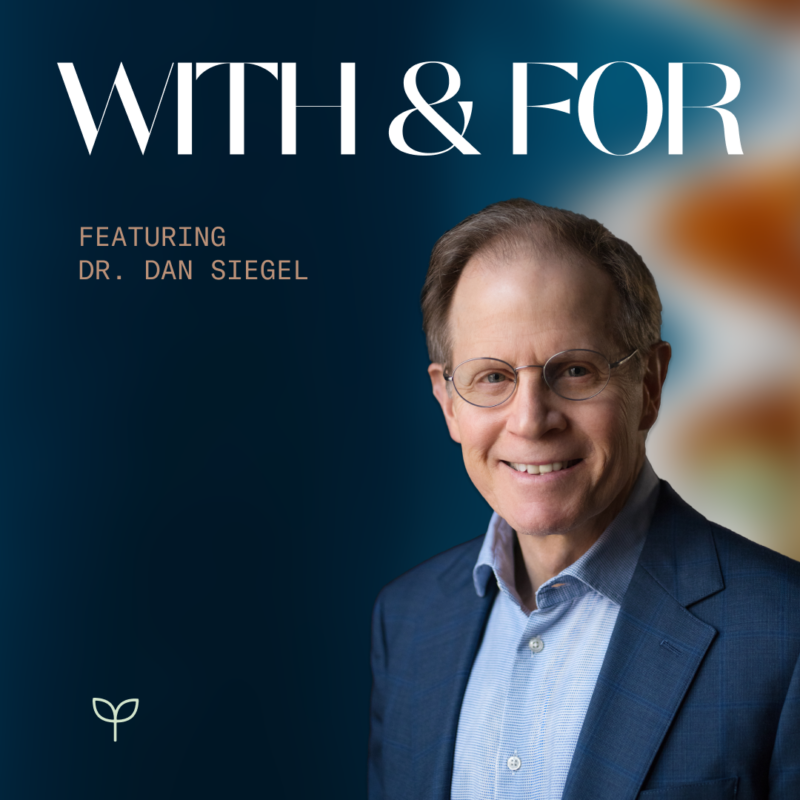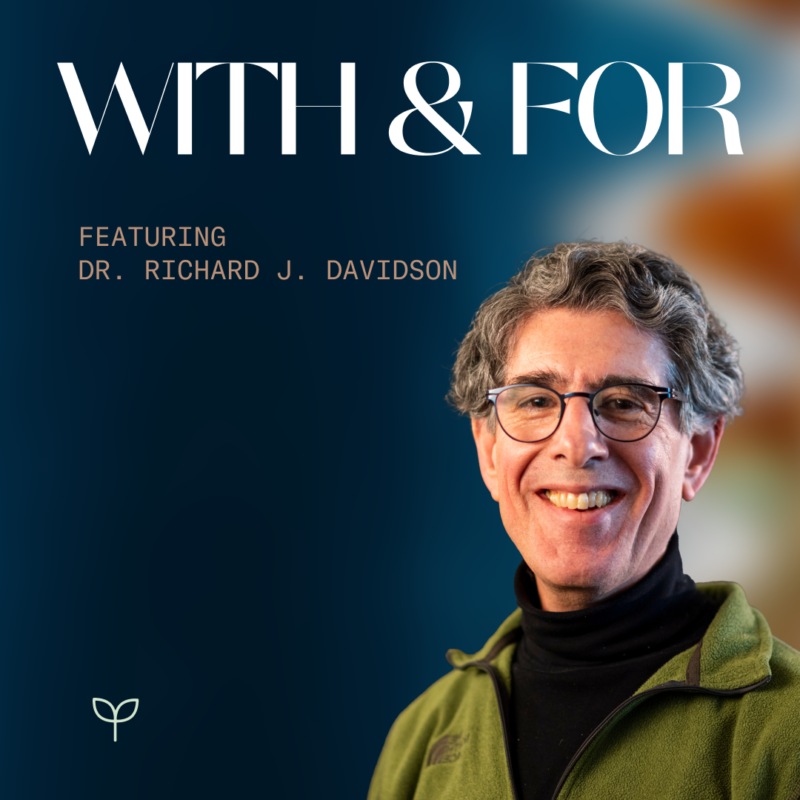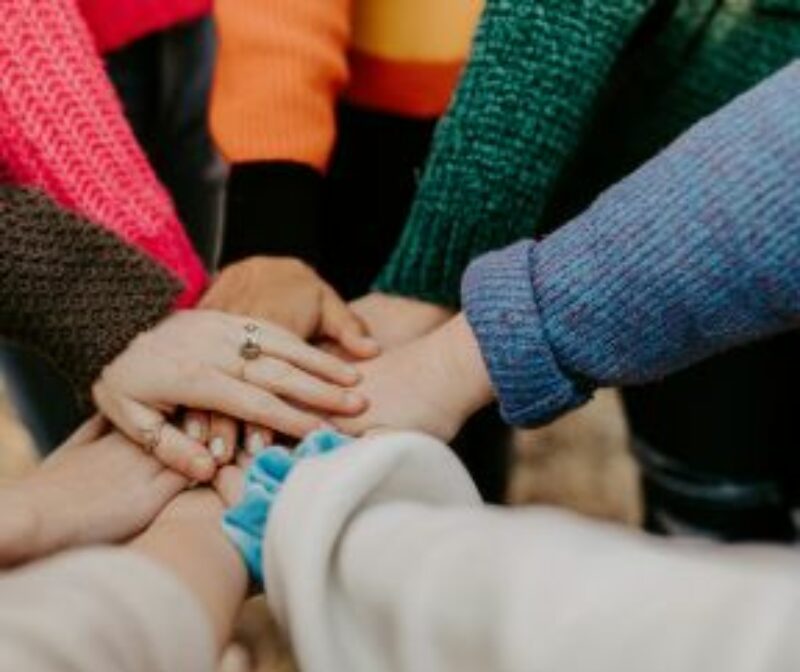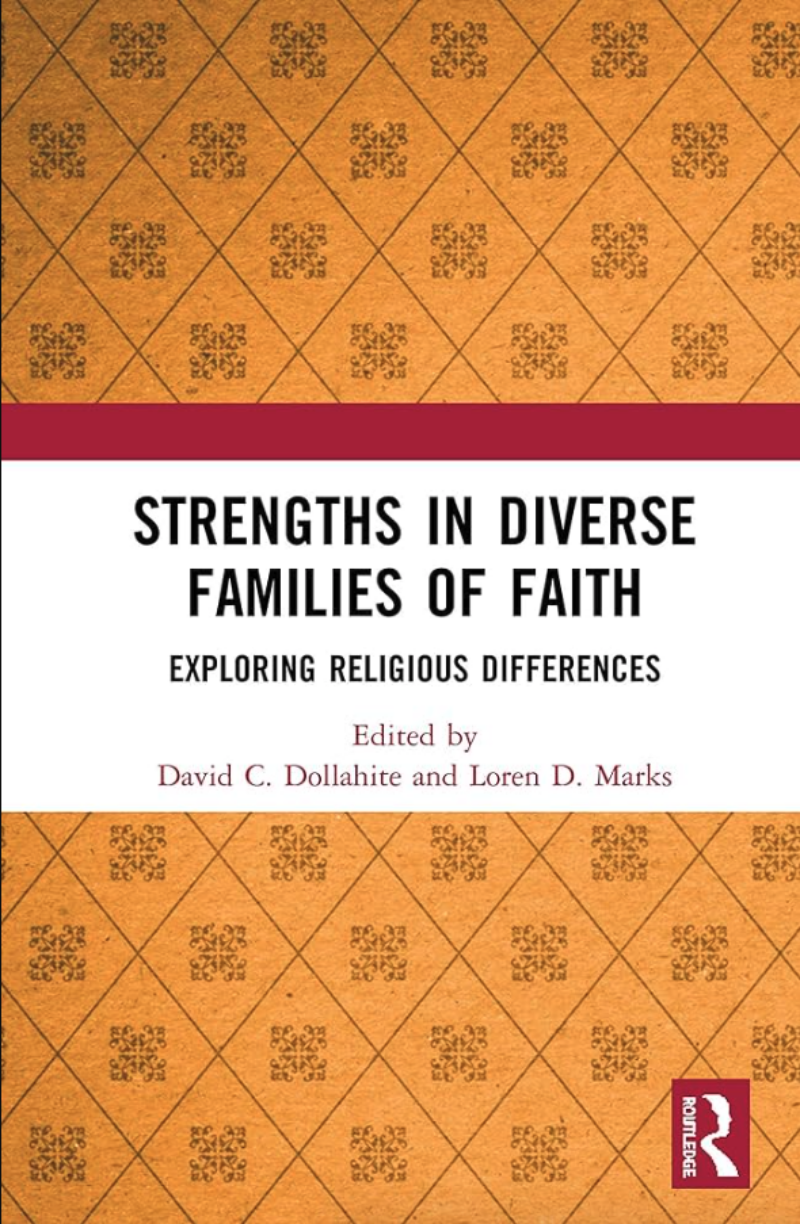Our spirituality grows within relationships.
We were designed to grow in the context of community. Humans haven’t evolved much since the Stone Age, and a basic human construct remains evident—our inherent need for social connection and community. We need relationships through which we can grow, experience love, and practice our spirituality. Because we are created to live in community, we are each designed with unique gifts that are parts of a greater whole, none complete without the complementary strengths of the other. Our calling to be unique, yet not uniform, is the thread of the intricate relational tapestry of life. Are you part of a community that allows you to feel known, loved, and held accountable?
A curated content list
Discover more about relationships and community
17 Content Resources
A curated content list
Discover more about Thrive's research
6 Content Resources

Get Started
Are you supported by healthy, loving relationships?
Healthy relationships lead to healthy spirituality.
Dive Further

Ethics & Virtues
Our beliefs about love and how we live out love through values, views of right and wrong, and cultivating virtuous habits.

Vocation & Purpose
Contributing our strengths to the world by living out our response to love.

Identity & Narrative
Growing in clarity about who we are as a beloved, unique, embodied person and how we are related to others and the greater world.

Habits & Rhythms
Healthy spiritual practices and regular rhythms allow us to slow down to gain insight, connect to love, and energize into purposeful endeavors.

Transcendence & Spirituality
Awareness of and connection to a source of invigorating love inspires purpose. For many this is God, for others it may be a higher power or nature.

